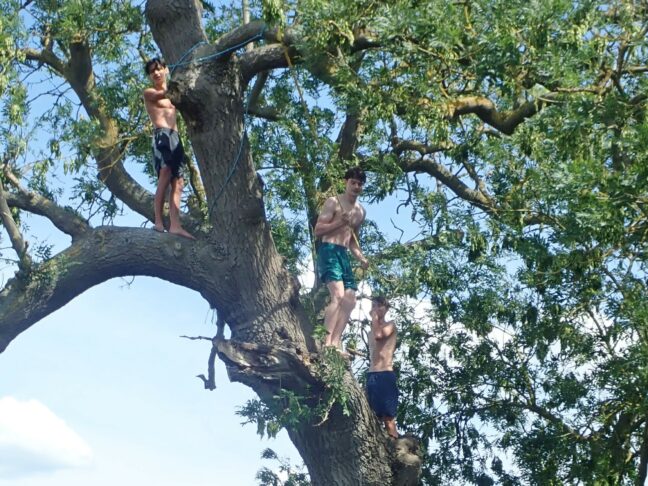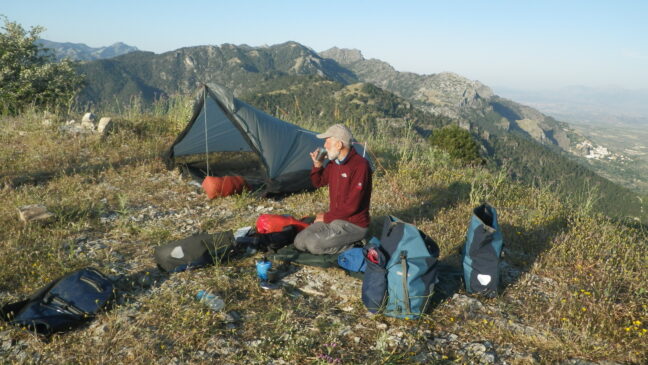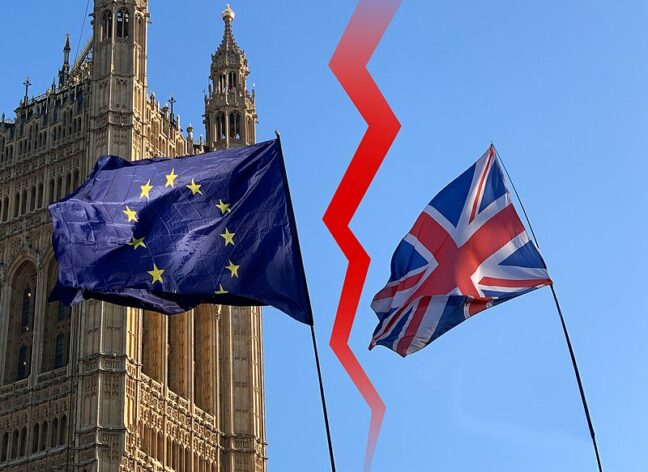The other day I asked Mike (a pseudonym) , a mid-career manager “How’s it going?” He replied with quite a tirade.
The essence was that while on holiday, he’d had the space to think about the underlying causes of problems he spent his working days battling with. He had just written (but thankfully not yet sent) a steaming email to his boss demanding that the problems were fixed, or he’d leave. We discussed the issue (basically, a chaotic production department run by an increasingly alcoholic manager producing defective products that upset Mike’s customers) and came up with a constructive solution that he could propose to his boss.
This is of course the holiday season, and I find it interesting how common it is for people to return from holiday having had important creative insights into their careers or problems at work. Continue reading Natural creativity.



